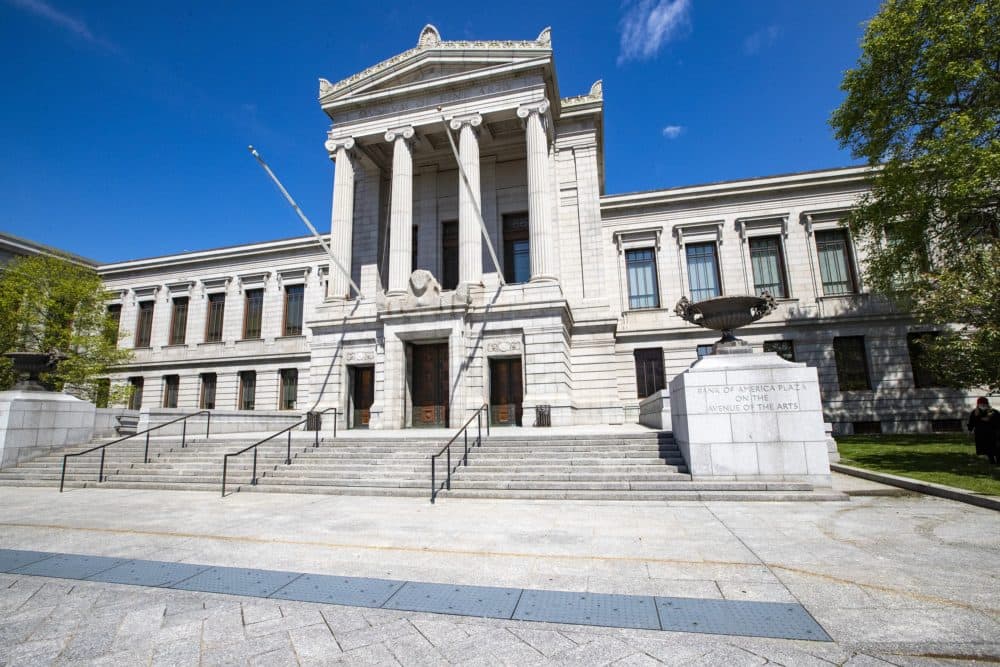Advertisement
Mass. Cultural Sector Pegs Pandemic Losses At $588 Million

The state's cultural sector, which has long thrived on human interaction, has recalculated its significant losses ahead of budget season on Beacon Hill.
According to the Massachusetts Cultural Council, which is in line for a 10% spending cut under Gov. Charlie Baker's budget, the state's nonprofit and municipal cultural organizations reported $588 million in lost revenue since March 2020. Individual and teaching artists and scientists/humanists have lost more than $30.4 million in income due to the pandemic, the council estimated Monday based on its most recent COVID-19 impact survey.
"Our once booming, innovative, and vibrant cultural sector is in economic crisis," said Michael Bobbitt, the council's executive director. "One year of closure and cancellations adds up to millions of dollars in lost revenue and income, and thousands of displaced and impacted workers statewide."
The losses are tied to 981 cultural organizations in the state, as well as nearly 3,000 individuals, and the survey results were drawn from financial and employment data. The council said 65% of the organizations with employees have laid off or plan to lay off, furlough, or reduce the hours and/or wages of employees, with more than 30,000 employees impacted.
During a 10 a.m. state budget hearing Tuesday, the council plans to knock Baker's budget plan as "untenable in this moment of crisis." The council this session is backing new legislation filed by Sen. Ed Kennedy (D-Lowell), chair of the Joint Committee on Tourism, Arts & Cultural Development, that would establish a Massachusetts Cultural Economy COVID-19 Recovery Fund seeded with at least $200 million in future federal COVID financial assistance funds.
Museums and performance venues have been shuttered during the pandemic but are slowly coming back online with strict capacity limits and safety protocols.